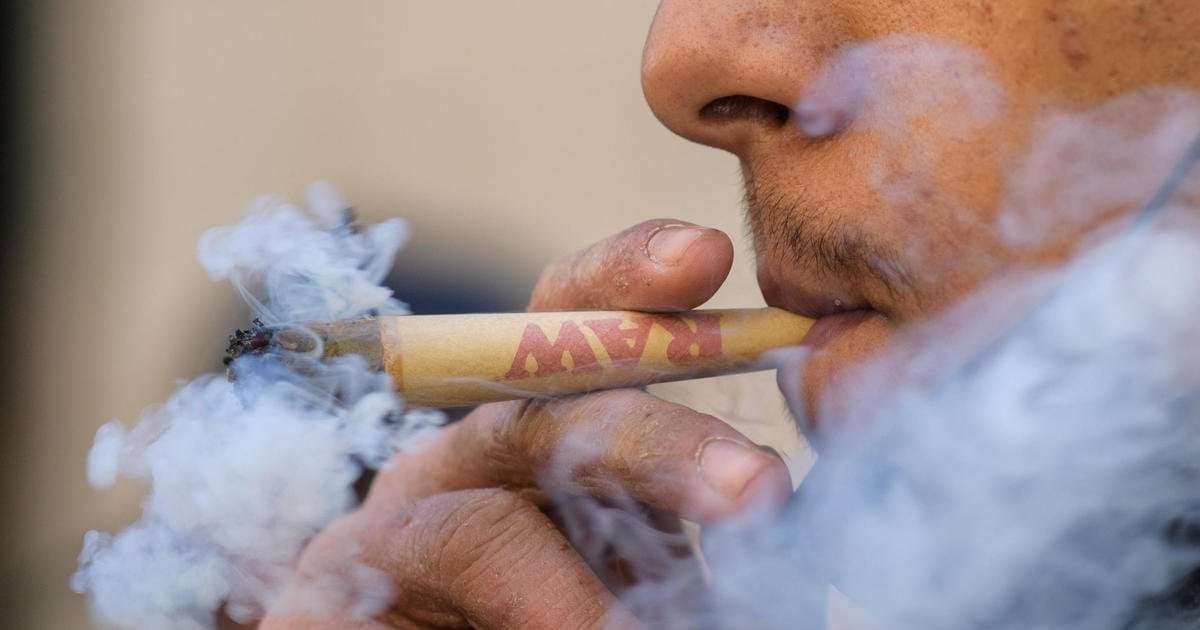ST. PAUL, Minn. -- The Minnesota Senate voted along party lines Friday afternoon to legalize recreational cannabis for adults 21 and older.
The bill, which passed 34-33, is very similar to the one the House passed earlier this week, but with some slight differences.
The Senate's version includes a 10% tax on cannabis products -- 2% higher than what was passed in the House. This bill also allows people to have up to 5 pounds of cannabis in their home, whereas the House limits it to 1.5 pounds.
RELATED: What legal marijuana could look like in Minnesota
Local governments would also be allowed to limit the number of cannabis businesses under the Senate's plan. The House plan doesn't have a cap.
Expungements would also go into effect in 2025 under the Senate's bill, which is much later than the House's version that is effective this August.
Debate began Friday in the Senate. The main thing some Republican Senators have stressed is their worry over public health and public safety. They feel the bill is premature.
GOP Sens. Mark Johnson and Carla Nelson held a press conference that lasted for about a half hour. They said they worry that passing a cannabis bill at the state level takes control away from local leaders about how they want to regulate cannabis sales.
Another issue they foresee is putting more pressure on police when it comes to ensuring public safety, especially when it comes to people potentially driving under the influence of marijuana.
"Our law enforcement is against this bill. There are just too many questions about how, if, we can ensure public safety. Number one is we don't have a reliable road test," Nelson said.
They're also worried that increased marijuana use would lead to more substance abuse, and that local governments wouldn't have any control when it comes to regulating marijuana sales.
"The reality is the implications of this particular bill that's up today on the senate floor are very dire for the state of Minnesota and it's not a joking matter," said Johnson said. "The bill is simply not ready."
Supporters of the bill say those concerns are being addressed.
"It's had an enormous amount of public input and public vetting, we know the issues about public safety. We know the issues about public health," Sen. Ryan Winkler said. "To the extent that we can address those issues and put funding into local communities, funding into public health, we are doing that.
Winkler is the chairman for "Minnesota is Ready." A group that's been pushing for legalizing marijuana. He highlighted the positives of a potential cannabis law, including automatically expunging low-level cannabis convictions from people's criminal records.
"This bill is ready. And Minnesota is ready for cannabis legalization. People know adults can make responsible decisions for cannabis and the system of prohibition for so long hasn't worked," said Winkler.
Now that Senate has passed its version, members from both the House and Senate will have to get together to work out their differences before a final version heads to the governor's desk. Gov. Tim Walz says he intends to sign the bill once it gets there.
If signed into law, Minnesota would become the 23rd state to legalize weed.
Minnesota Senate GOP discuss pot bill ahead of Friday vote

Kbdiggity on April 29th, 2023 at 07:12 UTC »
The Republicans flat out embarrassed themselves with their speeches against this bill.
Uncle_Charnia on April 29th, 2023 at 06:12 UTC »
Think of all the people who won't go to prison because of this. All the children whose patents won't be taken away. The jobs that won't be lost. The graduations.
scudobuio on April 29th, 2023 at 05:52 UTC »
A similar bill already passed in the Minnesota House, and Governor Walz has said he intends to sign the reconciled bill, which would make Minnesota the 23 state to legalize cannabis.
The vote was along party lines, and many of the arguments the Republicans have put forward against the bill are a bit disingenuous, assuming great unknowns, as though no other states have had any experience doing this.